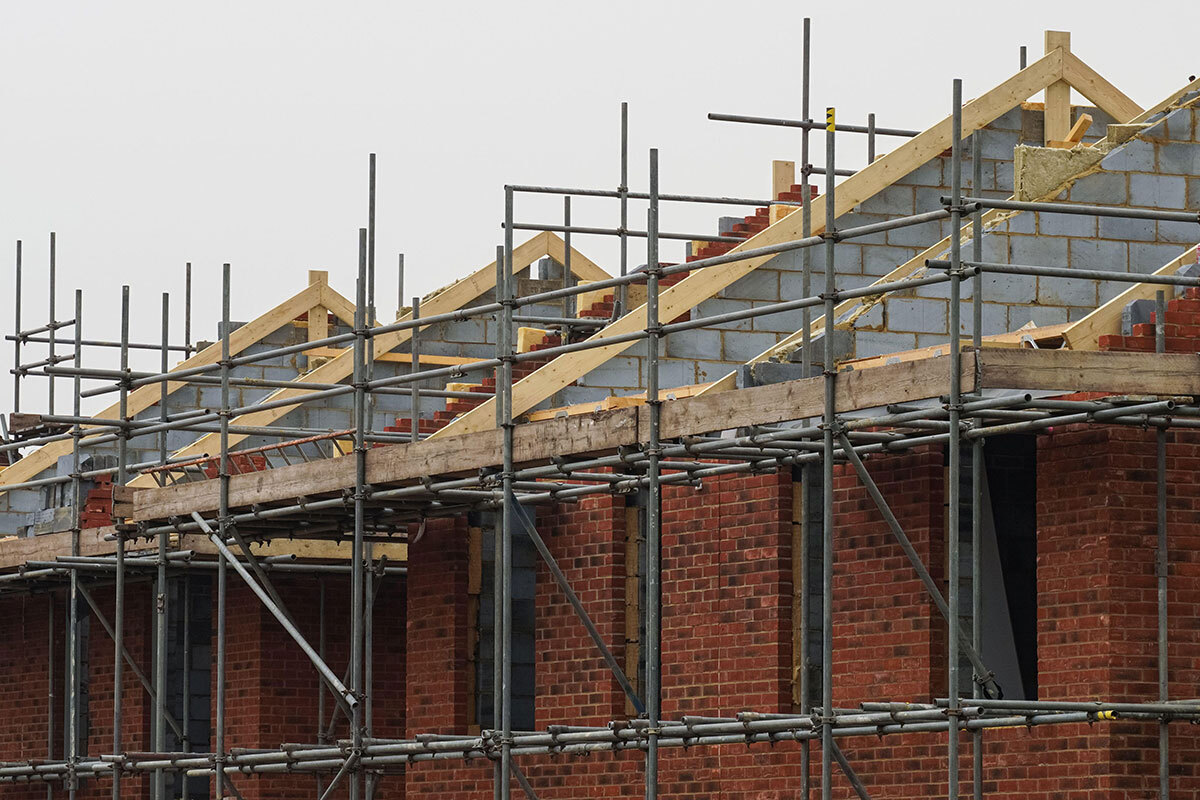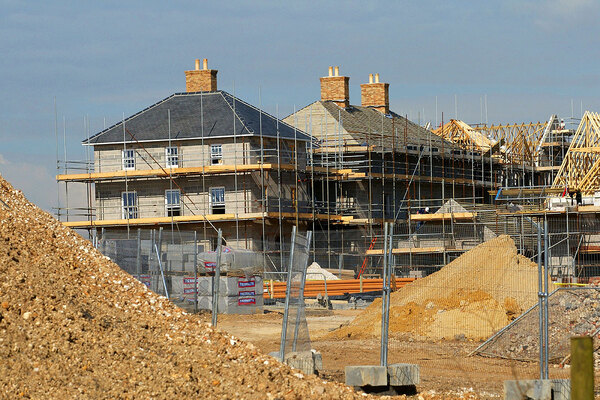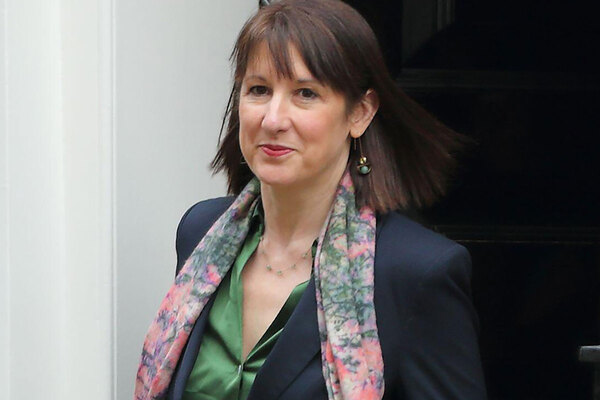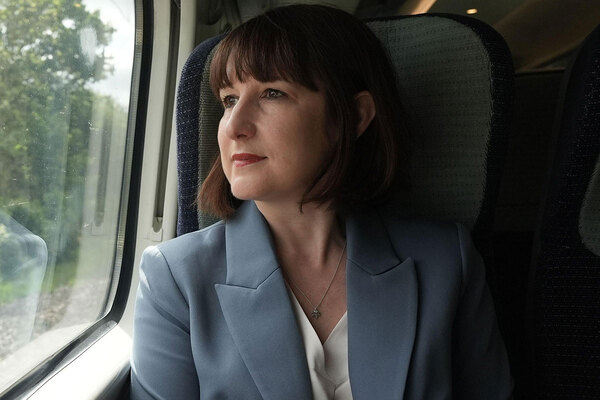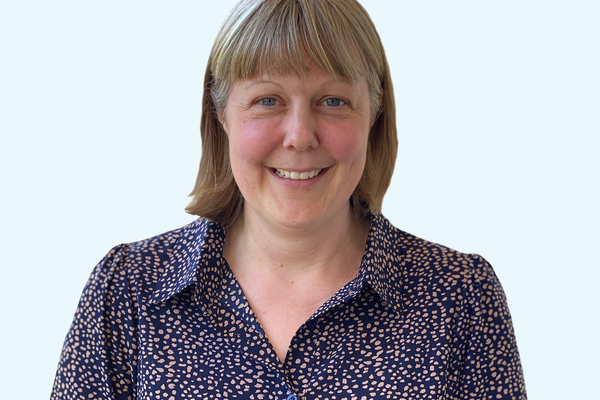You are viewing 1 of your 1 free articles
DLUHC signs deal to speed up use of ‘cutting-edge’ technology in planning process
The Department for Levelling Up, Housing and Communities (DLUHC) has signed a deal to accelerate the use of “cutting-edge” technology to improve the planning process.
The memorandum of understanding (MoU), signed by Joanna Key, director general for regeneration, housing and planning at the DLUHC, and Dr Wei Yang, chief executive of the Digital Task Force for Planning, will introduce new software to planning systems across the country to “give communities more say” on applications, and “improve experiences of buying or selling properties”, the government said.
The deal was signed at the annual UK’s Real Estate Investment and Infrastructure Forum (UKREiiF) on Tuesday.
The new technology will also enable developers to identify suitable sites for new homes quickly and “unblock development stuck” in the planning system, the government said.
The task force is a non-profit focused on digital innovation to improve the planning system.
The DLUHC already funds councils to speed up the adoption of technology that will improve community engagement in the planning process through the PropTech Innovation Fund.
So far, local authorities across the country have received £12m for more than 100 pilot schemes.
The DLUHC said the programme was saving councils “thousands of pounds and hundreds of hours during the planning process”.
A spokesperson for the DLUHC said: “This partnership paves the way for a new age of planning, speeding up decision making while giving communities more of a say on the housing and infrastructure in their area.
“We are already using PropTech to accelerate the planning system, helping identify new sites for homes whilst protecting biodiversity.
“This new technology is helping our long-term plan for housing to go even further to build the right homes in the right places.”
Dr Yang said: “We are delighted to have signed the MoU with DLUHC, representing a significant step forward in our efforts to reinvigorate spatial planning as a positive force in addressing the multi-faceted challenges we face through a holistic approach.
“This MoU will enable collaboration across our respective digital planning programmes and draw links to digital planning’s macro-economic and environmental impacts, as well as fostering future means of collaboration with local authorities and other organisations.”
Sign up for our development and finance newsletter
Already have an account? Click here to manage your newsletters
